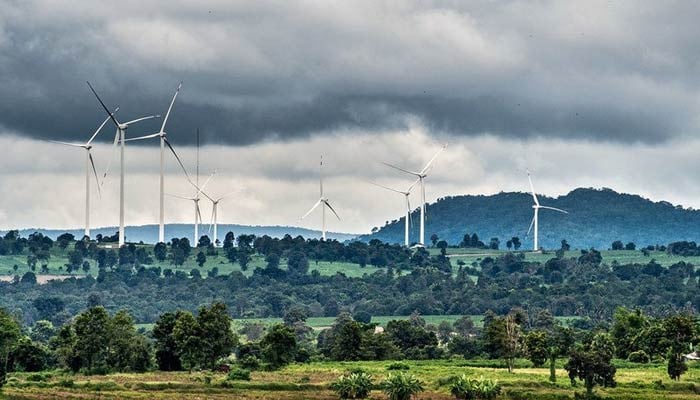Global trade slowed down in the second half of 2022, but the demand for eco-friendly products remained high. Trade in “green goods” grew by 4% in the second half of the year, reaching a record $1.9 trillion in 2022. Among the eco-friendly goods that performed well in 2022 were electric and hybrid vehicles, non-plastic packaging, and wind turbines. Despite global economic uncertainties, UNCTAD predicted that the growth of eco-friendly products would continue, fueled by momentum on climate action. The organization believes that international trade patterns will increasingly reflect the green economic transition underway. However, there is a persistent technology gap, which may limit some countries’ ability to adopt eco-friendly technologies. Developed countries are benefiting most from the economic opportunities associated with eco-friendly technologies, while developing countries are falling behind, according to the UNCTAD Technology and Innovation report. UNCTAD has called on the international community to support emerging green industries in developing economies through global trade regulations and technology transfers.
The United Nations Conference on Trade and Development (UNCTAD) has reported that in the second half of 2022, global trade has slowed down, but the demand for eco-friendly goods remained strong. Trade in “green goods,” which utilize fewer resources and pollute less, increased by 4% in the second half of the year, reaching a record $1.9 trillion in 2022. Alessandro Nicita, an economist from UNCTAD, stated that eco-friendly products are key to protecting the environment and fighting climate change, making this an excellent outcome for the planet. Notably, electric and hybrid vehicles, non-plastic packaging, and wind turbines were among the green goods that performed well in 2022.
In 2022, global trade was worth $32 trillion, a record high, but a decline in economic conditions contributed to a downturn in the second half of the year. Geopolitical tensions, high commodity prices, and record public debt, as well as high-interest rates, are reasons for concern, according to UNCTAD. The organization forecasted that global trade is expected to stagnate in the first half of 2023, citing the uncertain outlook.
Despite global economic uncertainties, UNCTAD stated that the growth of eco-friendly goods would continue, fueled by momentum on climate action. The organization’s latest Technology and Innovation Report, which characterizes this moment as the “beginning of a green technological revolution,” predicted that the market for electric cars, solar and wind energy, green hydrogen, and other eco-friendly technologies will quadruple in value by 2030, reaching $2.1 trillion.
UNCTAD believes that international trade patterns will increasingly reflect the green economic transition underway. However, the organization has also reported an enduring tech gap, which could limit some countries’ ability to adopt eco-friendly technologies, according to the report.
According to UNCTAD’s Technology and Innovation report, developed nations are benefiting most from the economic opportunities associated with eco-friendly technologies, while developing countries are lagging behind. Missing out on the green technological revolution due to insufficient policy attention or a lack of investment in developing skills and capabilities could have long-term negative effects, according to the report. The UN body has urged the international community to promote emerging green industries in developing economies through global trade regulations and technology transfers to help developing countries catch up economically while also protecting the planet.
Don’t miss interesting posts on Famousbio









